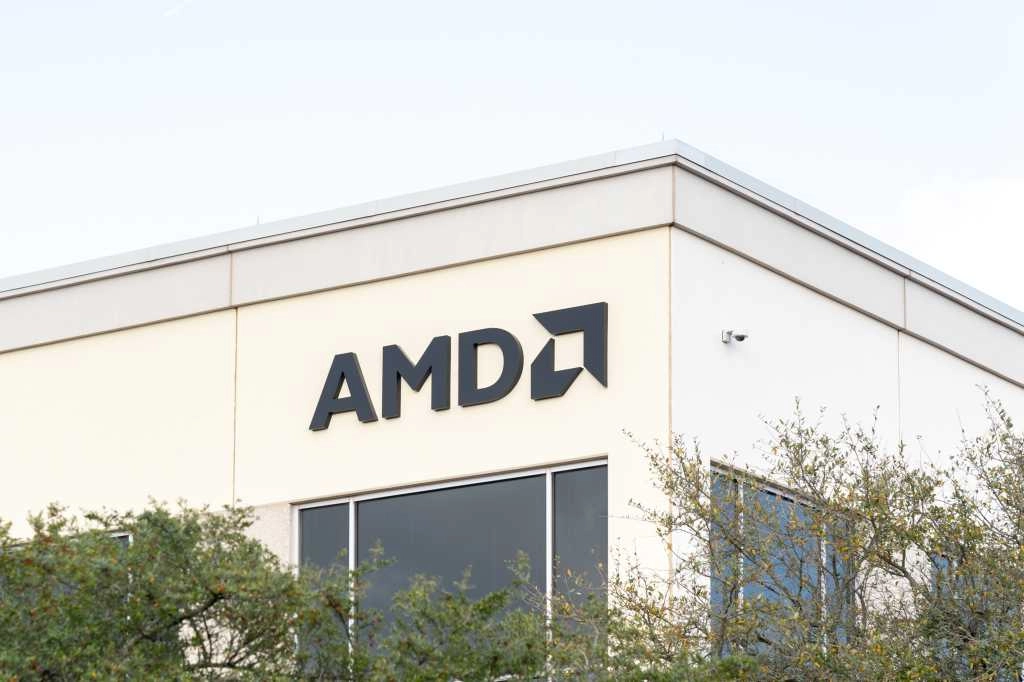A senior executive at AMD has indicated that the company’s future focus on chip enhancements will lean towards AI performance rather than high-end gaming systems.
This strategic realignment towards AI could offer more opportunities for those invested in AI technologies. “For those who purchase chips in large volumes, AMD’s pivot towards AI marks a significant transformation in their market approach,” explained Scott Dylan, managing partner at NexaTech Ventures, an enterprise that supports AI and tech initiatives from London.
“Choosing to forego their lead in high-end gaming GPUs to concentrate on AI aligns with financial logic. The market for gaming GPUs is well-developed, and Nvidia virtually monopolizes the top end. It seems AMD is recognizing that competing for the high-end market dominated by Nvidia may not be resource-efficient,” remarked Dylan. “Focusing on AI chips, especially with the popularity of their EPYC and MI300 series in data centers, AMD is setting itself up as a strong competitor in a market where the need for AI accelerators is rapidly increasing.”
The shift in AMD’s focus is discernible from comments made by Jack Huynh, the general manager of AMD’s computing and graphics business group, as reported in two different articles on Tom’s Hardware.
In one, Huynh explained that AMD divided its GPU microarchitecture into two distinct lines in 2020: RDNA for gaming and CDNA for high-performance computing and AI applications in data centers. However, they now aim to merge them into a single structure, dubbed UDNA.
“We created separate paths because it allows for focused optimizations. However, this approach has become challenging, particularly as we expand our data center operations. Thus, a unified architecture is necessary,” he shared with Tom’s Hardware.
This consolidation suggests a design that is fine-tuned for both gaming and high-performance applications. Despite this, Huynh’s further comments indicated a primary focus on maximizing AI performance for minimal total cost of ownership (TCO), while aiming for a larger gaming market share.
“In the server market, having a leading edge significantly boosts our market share because decisions there are heavily influenced by TCO considerations. In contrast, the consumer market can be erratic. Even with superior products, gaining market share can be uncertain due to marketing and developer engagement strategies,” Huynh explained to Tom’s Hardware.
“My priority right now is to build scale for AMD. Because without scale right now, I can’t get the developers,” he said of his approach to the market for gaming consoles and PCs. “If I tell developers, ‘I’m just going for 10 percent of the market share,’ they just say, ‘Jack, I wish you well, but we have to go with Nvidia.’ So I have to show them a plan that says, ‘Hey, we can get to 40% market share with this strategy.’ Then they say, ‘I’m with you now, Jack. Now I’ll optimize on AMD.’ Once we get that, then we can go after the top,” he told the PC hardware publication.
The move is not surprising, both given earlier signals from AMD of its interest in AI hardware as well as difficulties facing Intel due to its lack of perceived AI focus. AMD has made some small gains against Intel, but most question whether it was sufficient.
NexaTech’s Dylan sees the potential focus on chip price-performance as good news for buyers.
Nvidia’s dominance of AI chip development to date “has led to supply shortages and inflated pricing during periods of high demand,” he said, but “AMD’s pivot means a more balanced market, offering an alternative that could potentially drive prices down and improve lead times for large-volume purchases.”
For anyone sourcing chips for AI workloads, this is good news, he said. “The AI market is obviously still in its growth phase, and by focusing its resources here, AMD can innovate faster and provide more competitive pricing and performance-per-dollar ratios. This benefits buyers looking for scalable AI (offerings) across sectors like healthcare, autonomous systems, and financial services.”
Welcome to DediRock, your trusted partner in high-performance hosting solutions. At DediRock, we specialize in providing dedicated servers, VPS hosting, and cloud services tailored to meet the unique needs of businesses and individuals alike. Our mission is to deliver reliable, scalable, and secure hosting solutions that empower our clients to achieve their digital goals. With a commitment to exceptional customer support, cutting-edge technology, and robust infrastructure, DediRock stands out as a leader in the hosting industry. Join us and experience the difference that dedicated service and unwavering reliability can make for your online presence. Launch our website.

